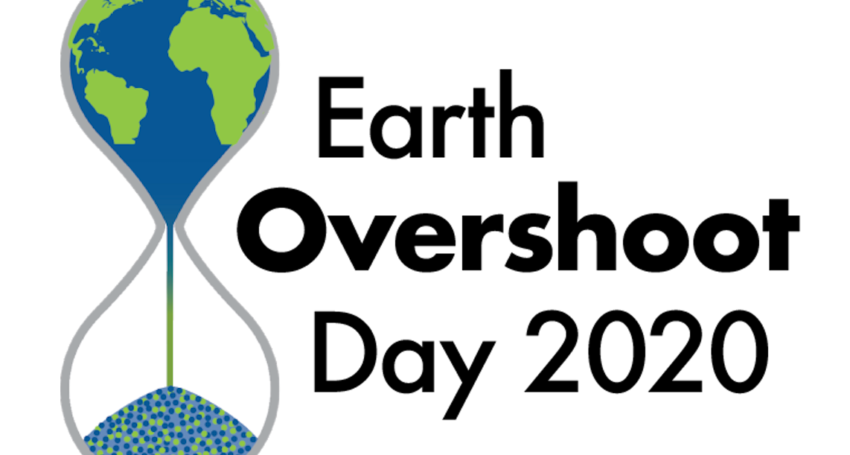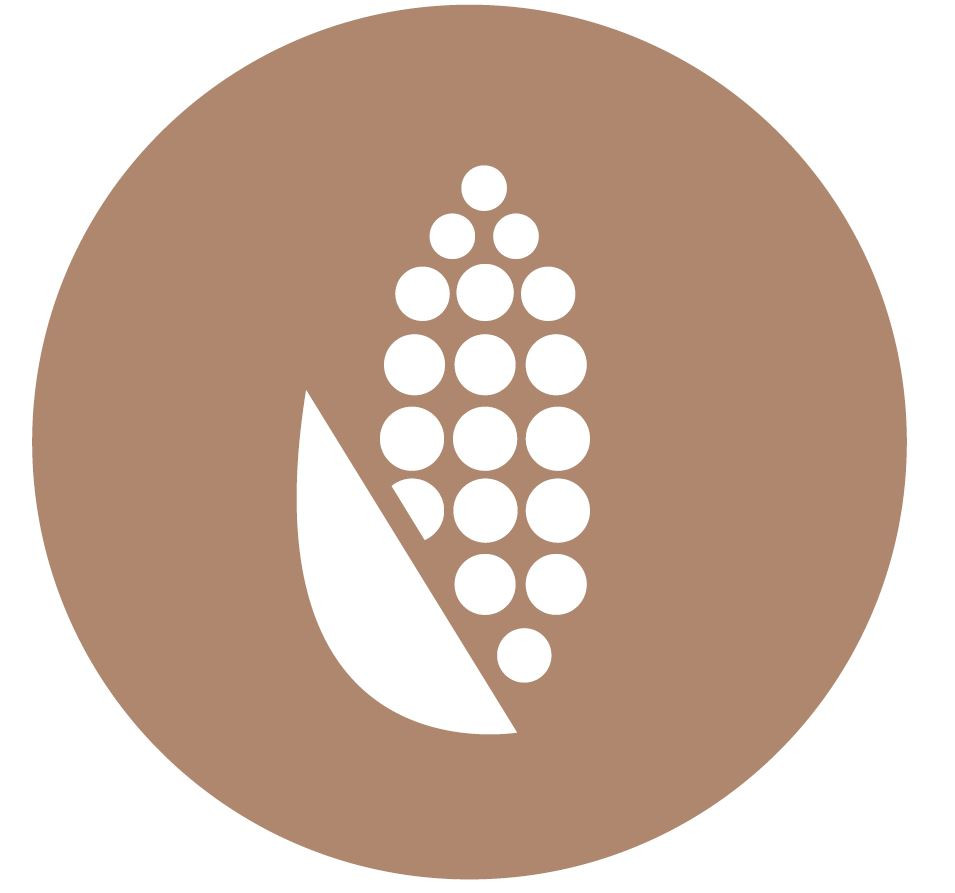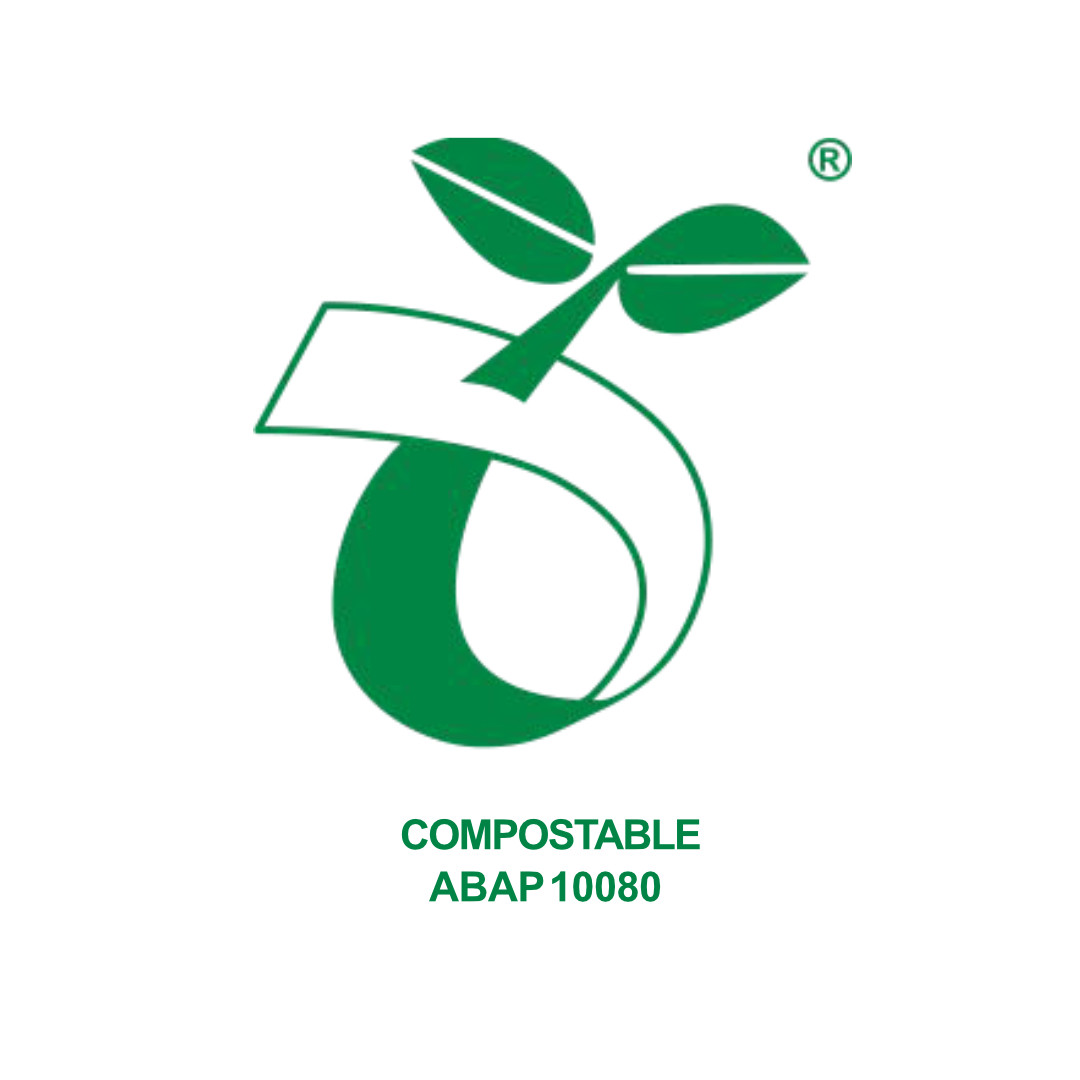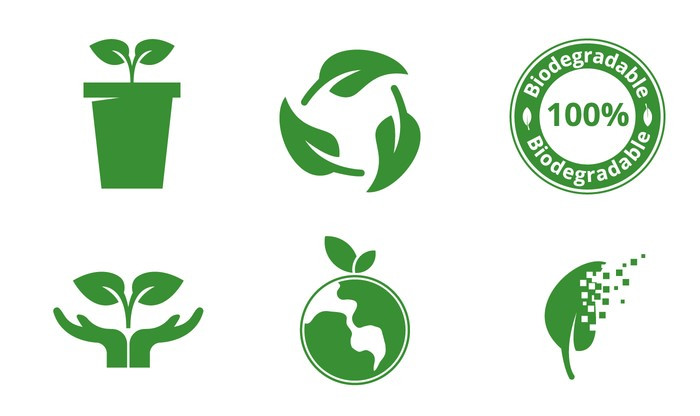17th Aug 2020
Earth Overshoot Day is the date when human demand and use of ecological resources exceeds what earth can regenerate in that year. It is a date that the Global Footprint Network calculates as the number of days earth's biocapacity can provide for humanity's ecological footprint. And it is a date which is earlier each year. This year, Earth Overshoot Day lands on August 22 - in five days' time.
The History of Earth Overshoot Day
Earth Overshoo… Read more
14th Aug 2020
Polylactic acid (PLA): the environmentally responsible plastic.
What is PLA Bioplastic?
PLA can be made from plants such as corn. Polylactic acid or polylactide (PLA) is a polyester derived from renewable biomass, typically from fermented plant starch, such as corn, cassava, sugarcane, or sugar beet pulp.
How is PLA Produced?
Polylactic acid comes from bacterial fermentation of carbohydrates. PLA is a polyester (polymer containing the ester… Read more
12th Aug 2020
The issue of plastic has entered the public sphere and more people than ever are aware of their impact. Just as we are expected to recycle more at home, so too do customers expect businesses to take a larger amount of responsibility for the waste that they produce, directly or indirectly.
What is Composting?
By composting, you can turn waste into food and contribute to the circular economy. Composting is the process of converting organic waste i… Read more
11th Aug 2020
You might be walking through the supermarket and see the words 'biodegradable', 'degradable', or 'compostable' on a faux-plastic item. It might be rubbish bags or cling wrap. That's good, right? These materials are good for the earth! Not necessarily. Here, we explain the difference between compostable, biodegradable, and degradable, and why the names can be misleading.
Compostable
Compostable plastic will biologically degrade in a compost site.… Read more





